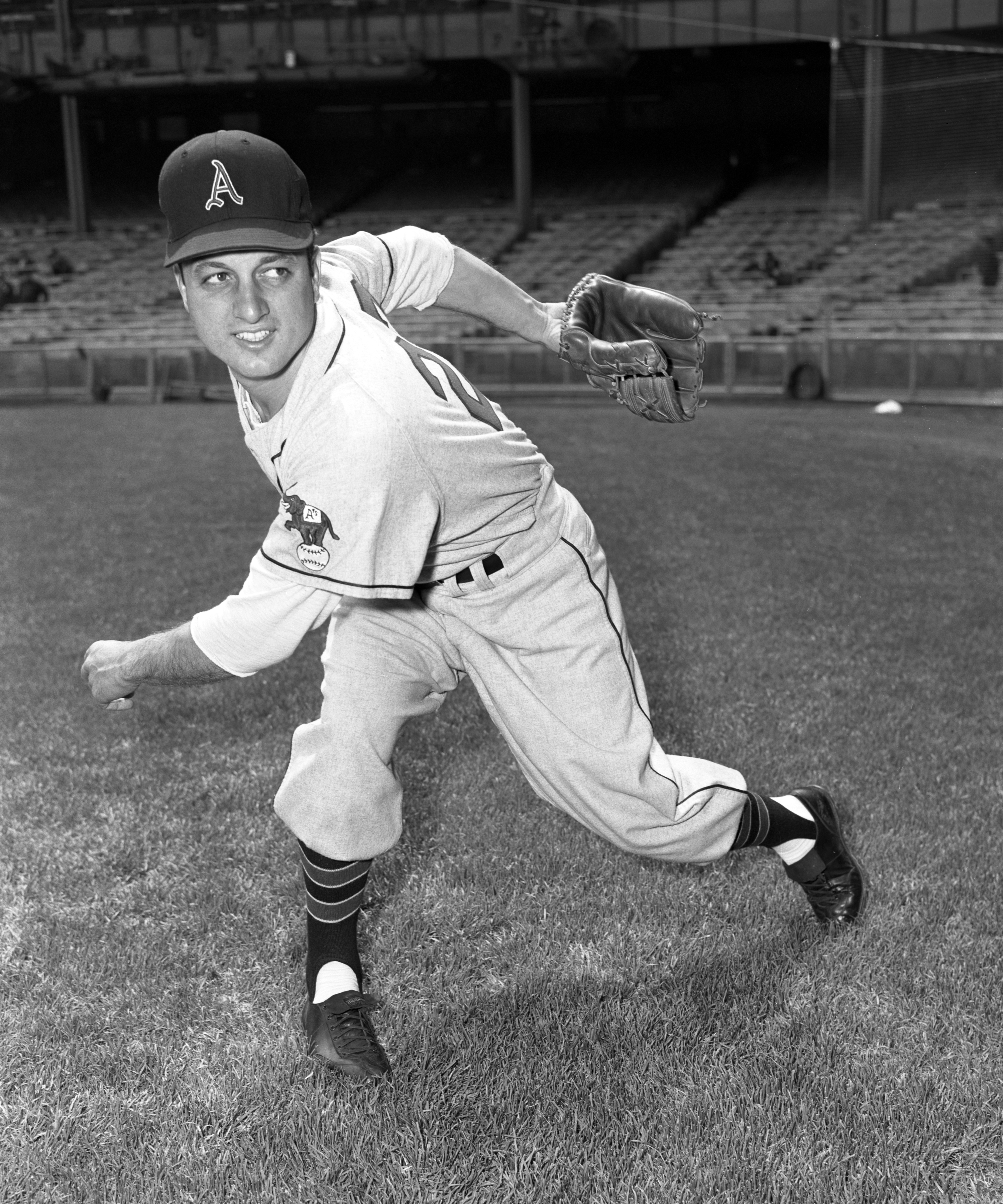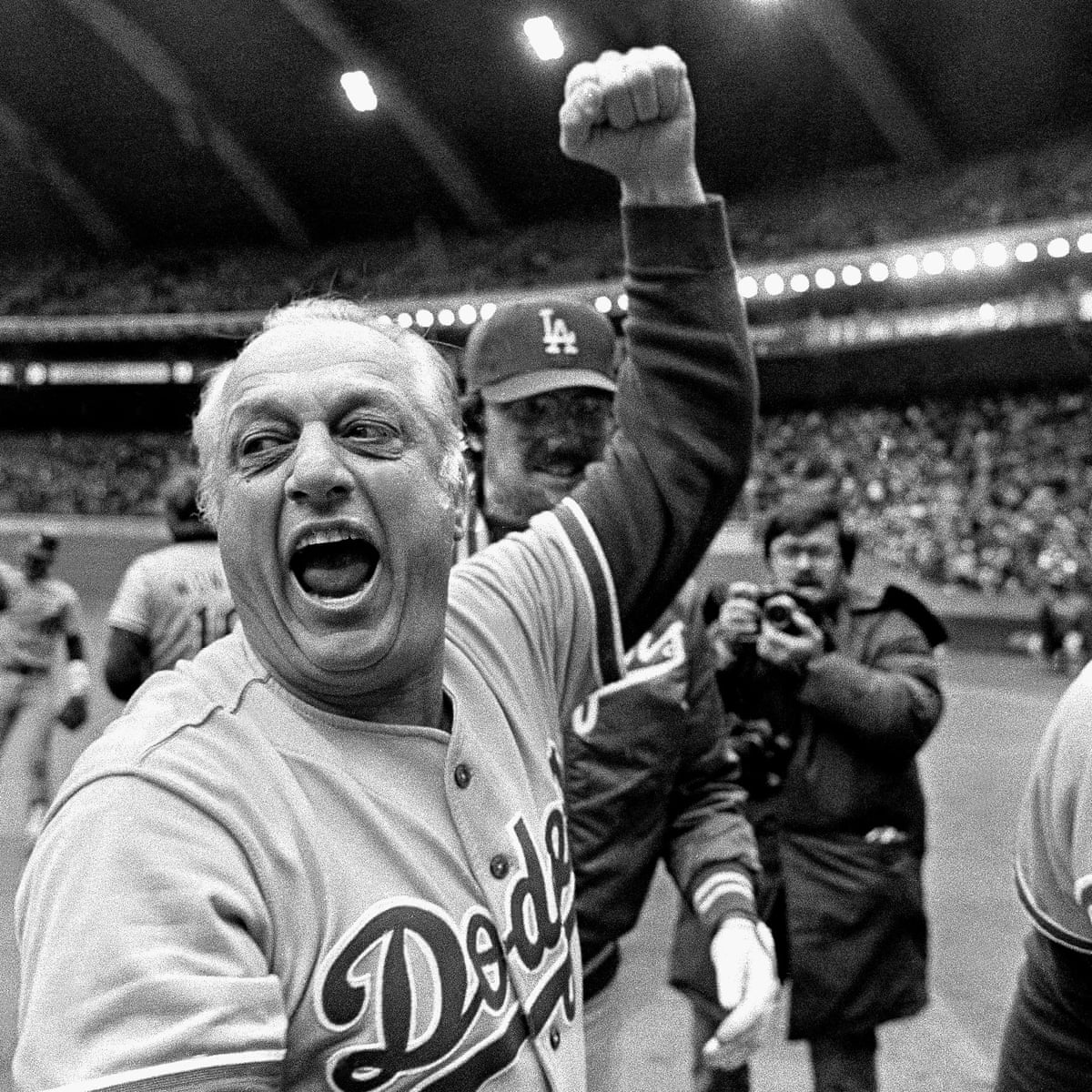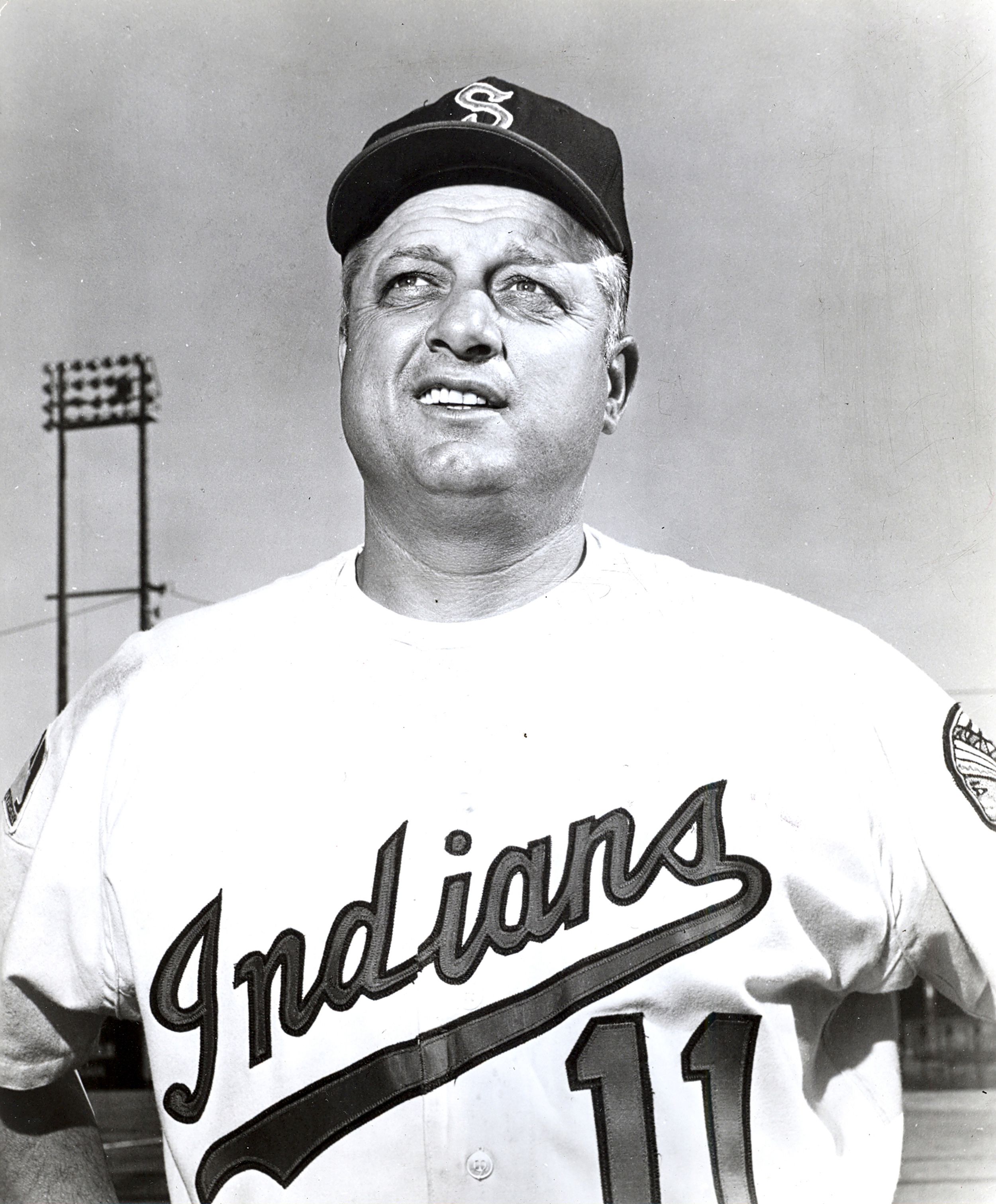In 1945, Lasorda started his professional career with the Philadelphia Phillies as a left-handed pitcher in the minor leagues. He pitched for the Phillies for one more season in the minors following his two years in the Army, and then in 1949 he was drafted by the Dodgers. With just a brief break to pitch for the Kansas City A’s in 1956 and as a minor leaguer with the New York Yankees in 1956 and 1957 before being reacquired by the Dodgers in 1957, that marked the start of a lengthy relationship with the Dodgers.

With the 1955 Dodgers, who won the World Series, Lasorda pitched in four regular-season games and earned a ring as a result. On May 5, he got off to an intriguing start against the St. Louis Cardinals. Wally Moon came in second on a wild pitch after he walked him. He walked Bill Virdon after that. Stan Musial was at the bat as Virdon and Moon advanced to second and third on another wild pitch. Musial lost a lot of ground. When Lasorda unleashed another wild pitch with Rip Repulski at the plate, Moon was sliding into home to score when he unintentionally spiked Lasorda in the knee, resulting in a deep gash visible through to the bone. Years had passed since Lasorda had to fake an ailment, strike out Repulski, and get Red Schoendienst to pop up to first. Manager Walter Alston saw his knee as he hobbled to the dugout and pulled him from the game. Lasorda made just one start for the Dodgers.
On June 8, the Dodgers placed Lasorda back with the minors in order to make way for Sandy Koufax, a bonus signing.
However, it isn’t because of his pitching that Lasorda is on this list; rather, it’s due of his managing and the fact that there hasn’t been a more colorful figure in Dodgers history.

Following his playing retirement in 1960, Lasorda worked as a Dodgers scout from 1961 to 1965. He was promoted to minor league manager in 1966 and won three league titles with the Ogden Dodgers. In 1969, he was appointed manager of triple-A Spokane, a position he held until the team relocated to Albuquerque in 1972. He was hired as the Dodgers’ third-base coach in 1973, while Alston was still the team’s manager.
Many assumed Lasorda was Alston’s heir apparent, and Lasorda must have agreed because he declined to interview for managing jobs with the Yankees and the Montreal Expos.
With four games left in the 1976 season, Alston announced his retirement, leaving Lasorda to oversee the final games. The Dodgers debated between appointing first-base coach Jim Gilliam and Lasorda as the new manager, ultimately choosing Lasorda, who retained Gilliam’s position.
As they say, the rest is history. Writing a compelling synopsis for someone with Lasorda’s level of public profile is challenging. As everyone knows, in his first two seasons as manager, the team finished in the NL pennant and lost the World Series to the Yankees. In 1981 and 1988, he led the Dodgers to two World Series victories.

Some people believe Lasorda was an overrated manager who was all show and no substance. However, Lasorda made a very wise decision in 1981. A strike had cut the season in half, and Major League Baseball ruled that the clubs that were leading at the start of the strike would automatically be eligible for the postseason and would play the team that won their division in the second half. When Lasorda realized he was guaranteed a postseason position, he began preparing his bench players, including Jay Johnstone, Steve Yeager, and Steve Sax, for the postseason by increasing their playing time. And who made the difference in the 1981 World Series as the Dodgers ultimately defeated the Yankees? Yeager and Johnstone, for example, both had crucial hits in the six-game triumph.
June 23, 1996, was Lasorda’s last game managing the Dodgers, a 4-3 victory over the Houston Astros. The following morning, he went to the hospital due to stomach discomfort. As it happened, he suffered a heart attack. On July 29, after allowing himself some time to heal, Lasorda declared his retirement. With 1,599 victories overall, he came in at number 23 on the all-time list.
Jan. 7, 2021, marked Lasorda’s 93rd birthday. He witnessed the Dodgers win the World Series in 2020—their first championship since 1988—during one of his last public appearances.
Let’s wrap up with some Lasorda comments as he was quite the talker in his prime:
“Baseball players can be divided into three categories: those who create the game, those who observe it, and those who ask themselves, ‘What happened?'”
“You have to do all in your power to inspire and encourage people when you’re not performing to the best of your abilities. To pull together, they must all be on the same end of the rope. Not the back of the garment, but the name on the front is what matters. Individualism earns you awards and trophies. Champions are won by those who play from the front. I make an effort to remind them of that.

Today, when I enter the clubhouse, it feels exactly like I’m at the Mayo Clinic. We have three therapists, five trainers, and four doctors. We had a trainer with us when I broke in, and by the seventh inning, he had already consumed the bottle of rubbing alcohol.
People sometimes inquire as to when you became a parent when you mention you’re a padre. As a Cardinal, you are expected to put in a lot of work since becoming a pope is the next logical step. But everyone knows you’re in the big leagues when you claim to be a Dodger.
It’s the pitch count that bothers me! In what way are you going to grow your arm? One does not say, “Hey, you can’t run too much,” if you are a track star. Similarly, you wouldn’t suggest to a boxer, “Hey, you can only box three rounds.” It’s incorrect!
“Hey, if you start worrying about what the people in the stands are going to think of your choices, you’ll end up up there with them in no time.”
“Now I knew all Pedro needed was confidence,” the manager said after Pedro Guerrero committed multiple mistakes at third base. In pivotal moments, he had to want the ball hit to him at third base. So before the game, I asked him, “Ninth inning, bases loaded, two out,” as we strolled around the field. By a run, we are behind. With whom would you like to bat? Pedro then declared, “I want to bat.” I informed him that he was entirely correct. Now, flip the circumstances. Bases loaded, two out, and we’re ahead by a run. You’re a third base player. How are you feeling? “Please don’t hit the ball to me,” Pedro pleaded. I asked, “Is that all you are thinking?” and shook my head. “No, I’m also thinking, ‘Please don’t hit the ball to Steve Sax,'” Pedro asked in response.